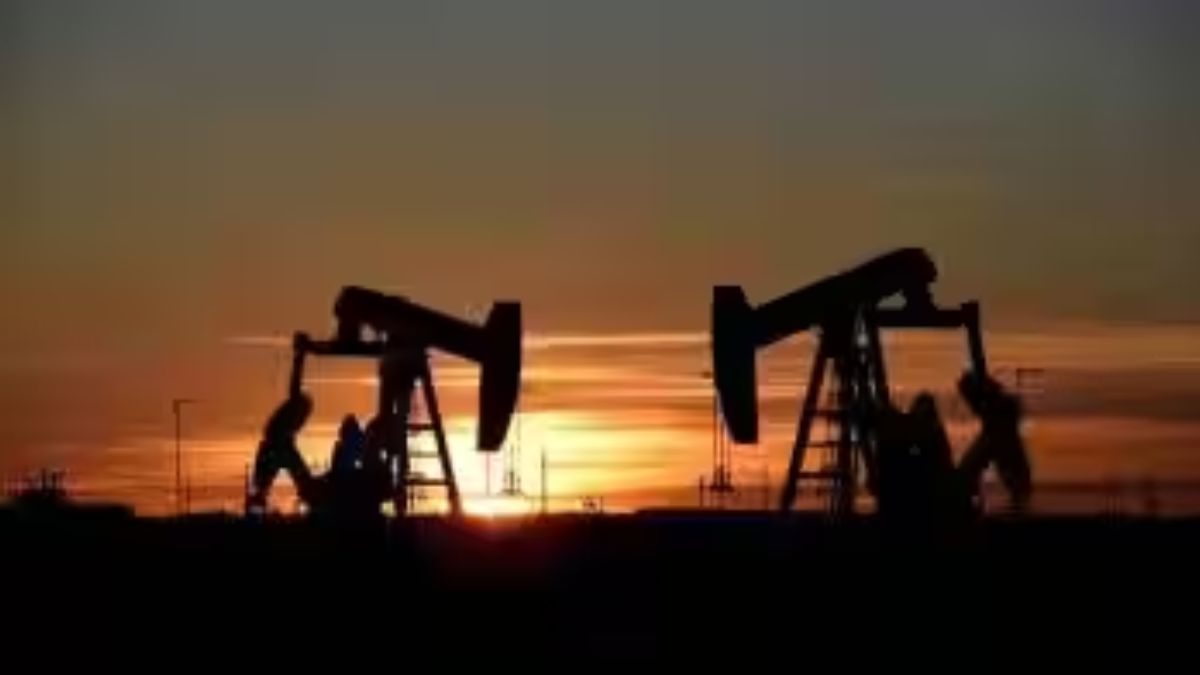Prices of crude oil can be trading in the green, again, today as a result of the Israel-Hamas conflict that broke out on Saturday.
However, the uptick in the prices will not be sustained, analysts say, as the country is neither a major oil producing country nor a major consumer.
“Any geopolitical tension in the world can result in an added speculative risk premium to the prices,” said an analyst who did not wish to be named. Speculative risk is the price uncertainty and the possibility for losses in an investment. Further, if there is any disruption in the shipping routes near the region, oil prices can further rise on the back of longer routes for the delivery, analysts believe.
“This could make the whole region susceptible to other things, the insurance premiums, etc, will go up. There could be problems in trading or passing through that route since that is the Middle East, so those kinds of things may happen, said Prashant Vashisht, vice president of Icra Ratings.
Even though the region is not a major producer of oil and is unlikely to impact supply in the short term, it can eventually have an impact if the war escalates further.
“This does pit the Saudis and the Iranians against each other, but by proxy. I think they will show restraint, as jeopardising oil supply hurts everyone. No one can afford a regional war,” Hari told FE.
Global oil inventories are at lower levels and the extension of production cuts by Saudi Arabia and Russia are likely to result in a tighter supply as the winter season approaches.
According to data from the Energy Information Administration, crude oil inventories in the US, one of the top producers of crude, fell by 2.2 million barrels to 414.1 million barrels in the week ended September 29.
“….Over the last 6 months we have seen a very large increase in Iranian supply due to weak enforcement of sanctions. As Iran is also behind Hamas’ attacks on Israel, there is a good probability that the US administration will start enforcing those sanctions on Iranian oil exports more tightly,” French businessman and hedge fund manager Pierre Andurand said in a post on X.
“That would further tighten the oil market. Also, the probability that this will lead to direct conflict with Iran is not zero,” Andurand said.
On Saturday, Hamas, a Palestinian militant group attacked Israeli towns by firing rockets from the Gaza strip. During the latter part of the day, Israel cut off the electricity supply and any flow of fuel and goods to the Gaza strip.
Last month, crude oil prices reached their highest level since November 2022 after Russia and Saudi Arabia announced the extension of output cuts till December.
Crude prices have moderated since then but may see a surge when the markets reopen after the weekend, analysts believe.

